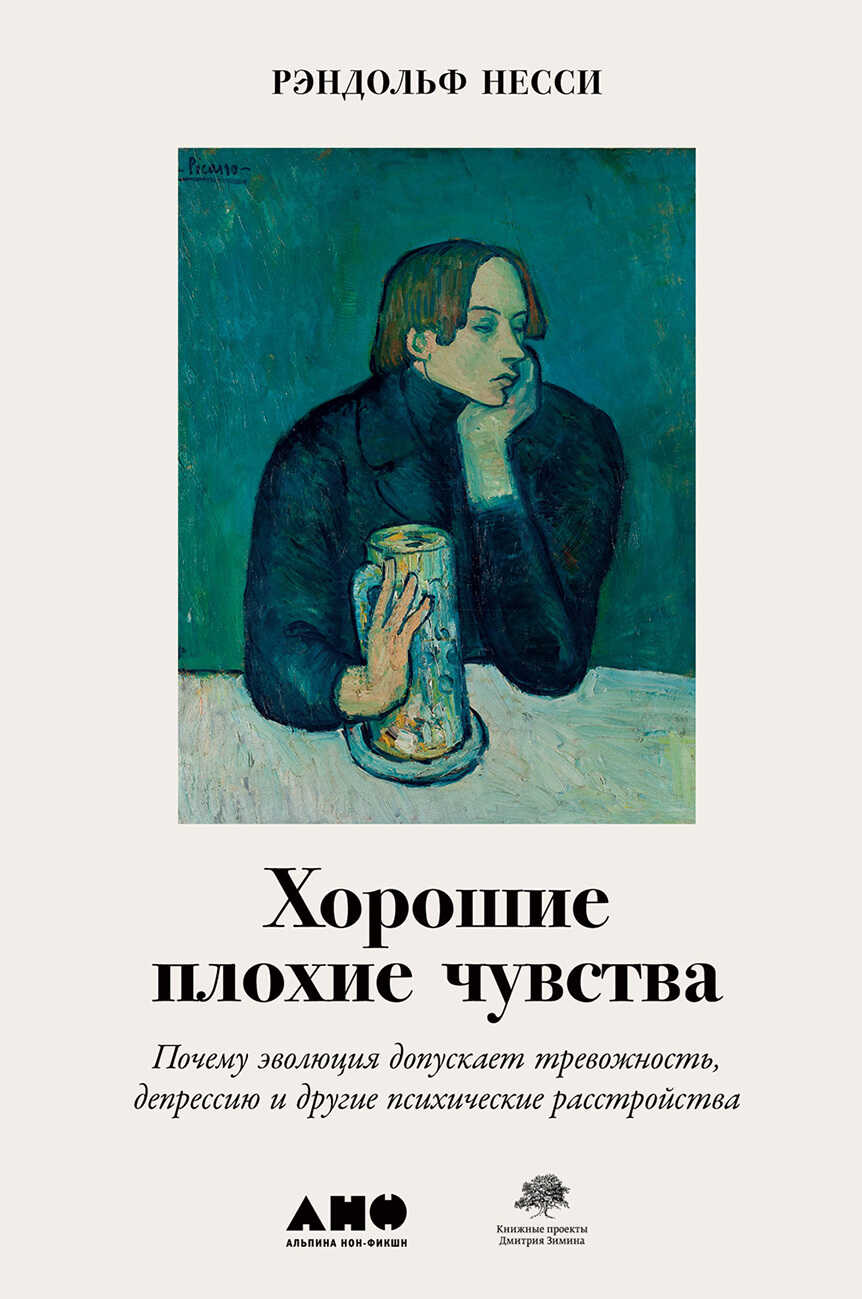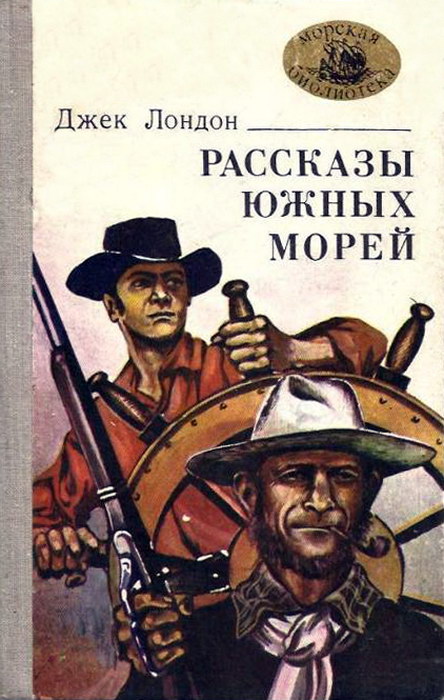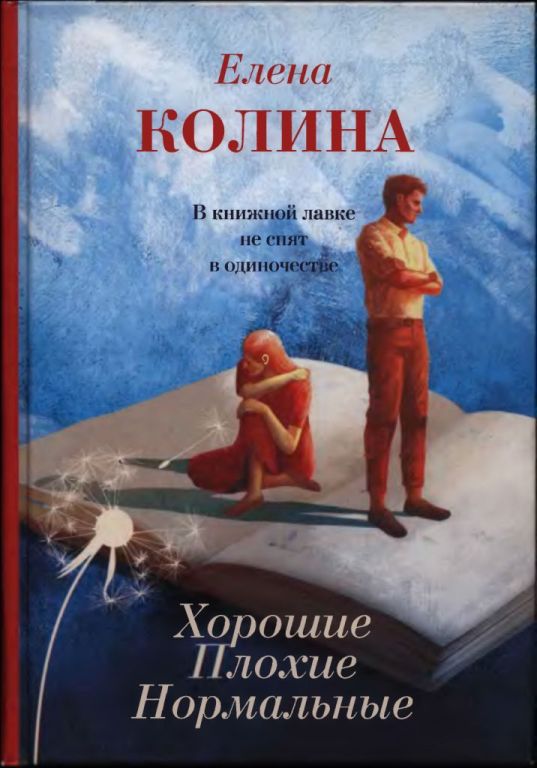Шрифт:
Закладка:
Психические расстройства – настоящий бич для нашего биологического вида. Но почему в человеческой жизни так много душевных страданий?Отчасти дело в том, что такие эмоциональные состояния, как тревожность, плохое настроение и скорбь, сохранялись и формировались в ходе естественного отбора, поскольку они полезны. Правда, до известного предела.Страх помогает нам избежать опасности – но ценой неизбежных ложных тревог. Уныние позволяет не тратить силы на погоню за несбыточным, но часто перерастает в патологическую депрессию. Другие психические расстройства, такие как наркотическая или алкогольная зависимость или анорексия, возникают из за несоответствия между древними настройками нашего организма и современной средой. Веские эволюционные основания имеются и у сексуальных расстройств, и у сохранения генов шизофрении.Опираясь на показательные случаи из собственной клинической практики и открытия эволюционной биологии, доктор Рэндольф Несси не только отвечает на вопрос, почему естественный отбор сформировал у человека такую хрупкую психику, но и пытается наметить пути к облегчению этих страданий с учетом личных обстоятельств и индивидуальных особенностей.





